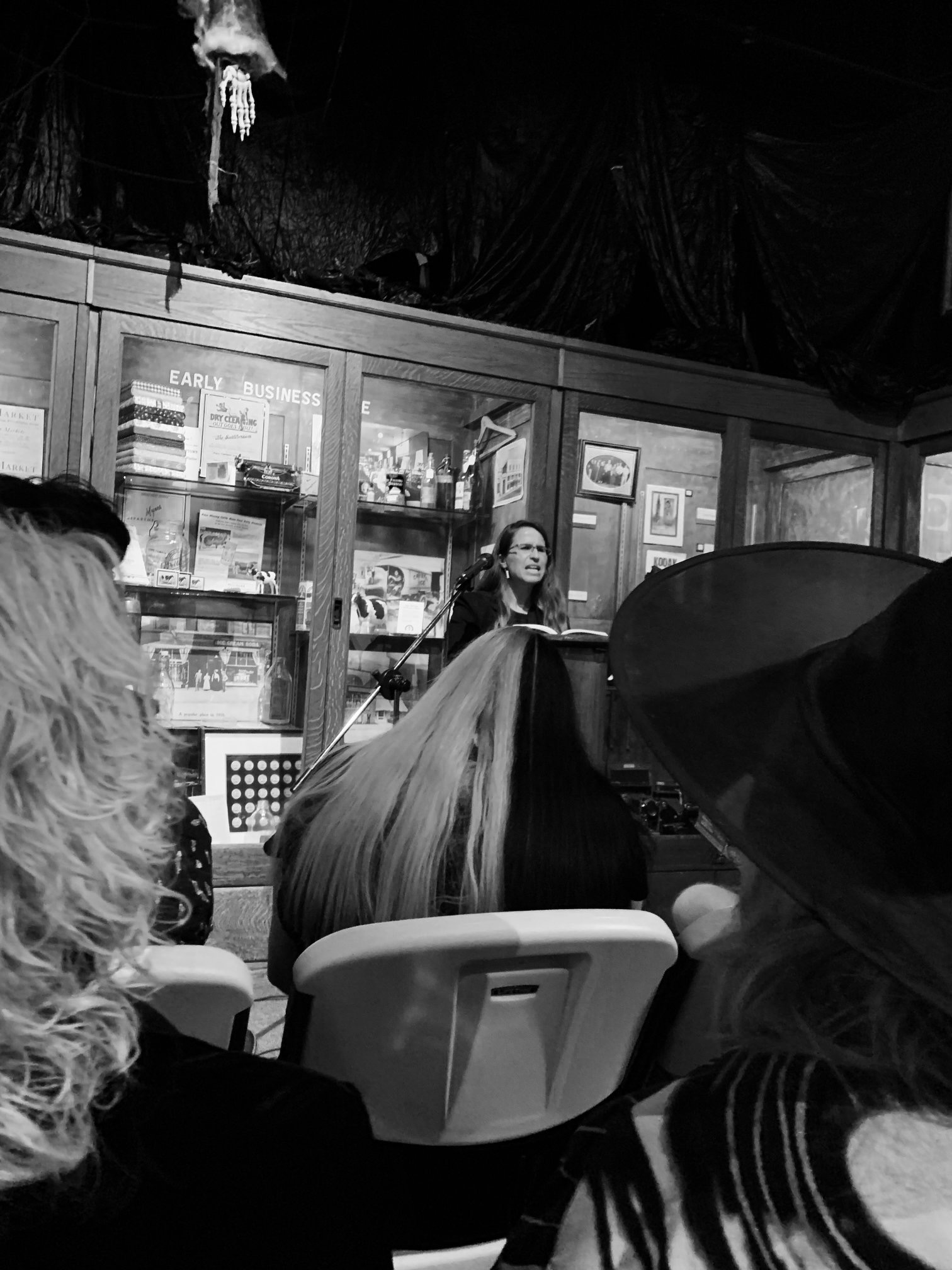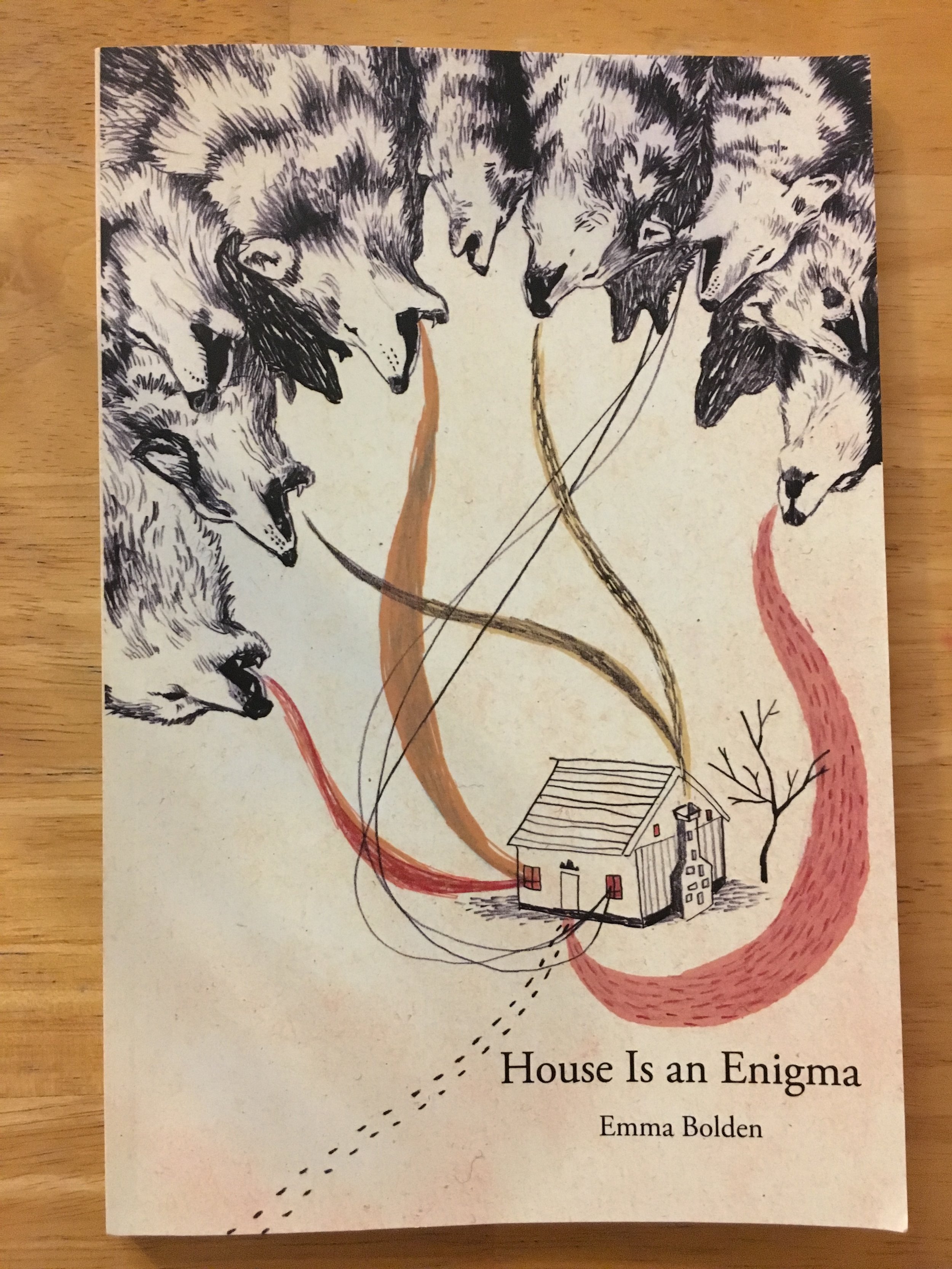Here is another ekphrastic prompt: use the photo to create a poem. Remember to not simply describe the photograph though. Ask yourself who or what built the doorway and for whom. And why? Is the doorway an entrance to the forest or an entrance for the forest?
A doorway made of twigs, some floating, seems a structure designed by birds. Can a doorway be a nest, or vice versa? What does it mean to leave home and what is home?
Doors provide an opening through a wall or other boundary. What are the unseen walls here? A doorway should have a door that closes and perhaps even locks. What does a doorway without the door mean? What is its purpose?
Here are two poems that might provide inspiration: “Bon Courage” by Amy Guerstler, “Prospective Immigrants Please Note” by Adrienne Rich, and “Doorway” by Jack Myers.











































